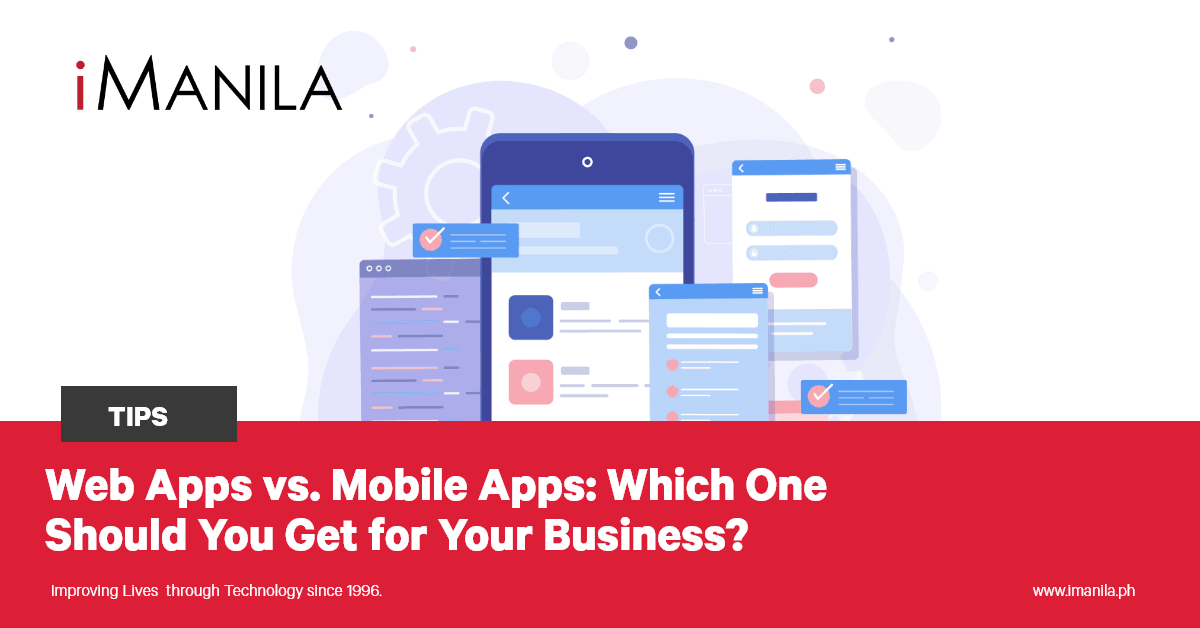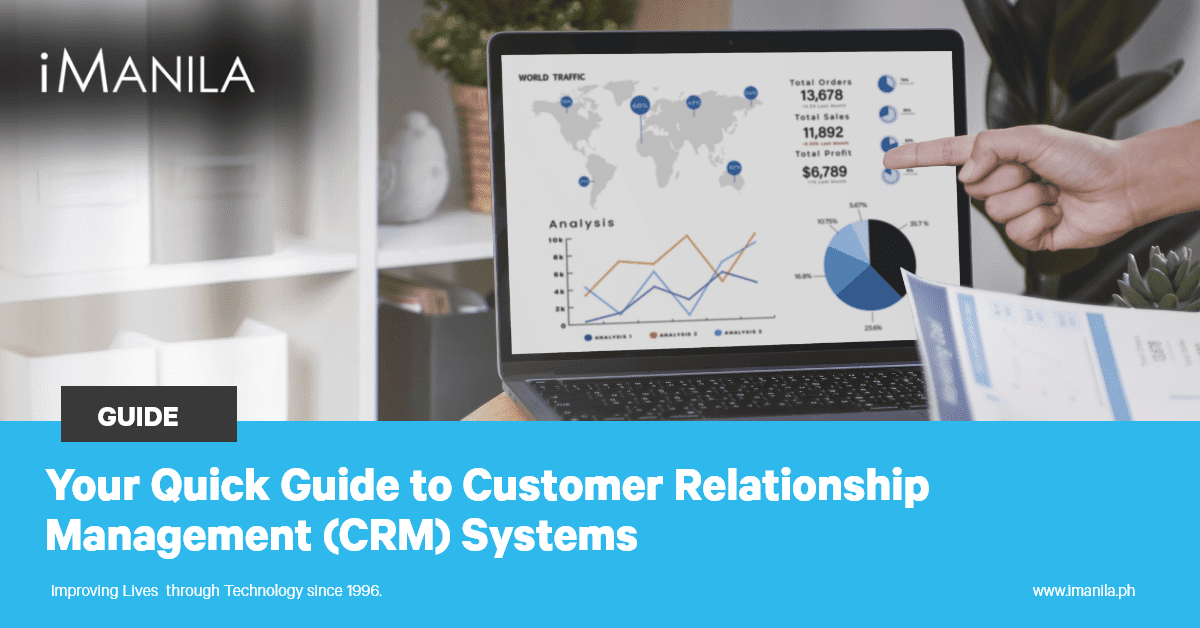Does Your Business Need a Mobile App? 5 Reasons Why You Might NOT Need One
In today’s digital age, technology has enabled businesses to reach their target audience through various platforms. One popular platform is mobile apps. While mobile apps offer a range of benefits, such as increased customer engagement, improved customer experience, and increased revenue, it’s essential to carefully consider whether investing in a mobile app aligns with your business goals and priorities. By analyzing your business needs and target audience, you can make an informed decision about whether investing in a mobile app is the right choice for your business. This blog will highlight five reasons your business may not benefit from a mobile app to help you decide whether it’s a worthy investment.
Your Site Serves as a Standalone Platform

Expanding on the idea, if the primary objective of developing an app is merely to recreate the features and capabilities of your website, it is not a recommended decision to proceed. Allocating financial resources and investing in marketing to promote an app that offers no additional value compared to your existing website would not yield worthwhile returns. An app should serve a distinct purpose and deliver unique benefits beyond your website.
Your Existing Digital Presence is Enough
Assess your online presence to determine if your business needs a mobile app. Evaluate if your website is responsive and provides a seamless mobile experience. If it does, investing in a mobile app may not be necessary. Instead, enhance your existing online platforms by optimizing your website, improving functionality, and enhancing user experience. This cost-effective approach can effectively cater to mobile users and reach a broader audience. Maximizing your current platforms allows you to meet customer needs without needing a separate mobile app. If you need help enhancing the functionality of your website, iManila offers web design and development services to cater to your needs.
An App Won’t Give Enough Value to Your Customers
Assess whether an app can add more value to your existing customers. Be sure that your mobile app will make your customers’ lives easier. If it fails, you’ll lose both your customers and money. Consider exploring alternative methods to engage with your audience and deliver value instead of relying solely on a mobile app. Various options are available, such as utilizing social media platforms, implementing email marketing strategies, and more. These alternatives provide similar functionalities and opportunities for engagement, eliminating the necessity of developing a dedicated mobile app.
Your Nature of Business is Unsuitable for Mobile App
Research your industry and competitors to determine if having a mobile app is becoming a standard practice. If there is no significant mobile app presence within your nature of business, it could indicate that other strategies are more effective for your specific market. Ultimately, it’s essential to stay informed and adapt your approach to meet your customers’ needs.
You Don’t Have Enough Budget

Financial factors should be taken into account when considering a mobile app. Creating a mobile app requires a significant investment covering design, development, maintenance, and regular updates. If your business has limited resources, then it’s wiser to allocate your budget to other areas that demand immediate attention.
A mobile app is a promising platform to increase engagement, leads, and sales, but it’s not for every business. If it doesn’t add more value to your customers, then it’s not worth investing in. Instead, focus on improving your existing platforms by regularly optimizing and updating them for maximum performance. Start by partnering with iManila to increase your digital presence.
With 27 years of experience in the industry and an IT company at its core, iManila, having been one of the first Internet Service Providers in the Philippines, is committed to providing our clients with innovative information technology, web, and digital solutions.
iManila is an applications developer in the Philippines specializing in crafting customized web systems and mobile applications tailored to various industries. We also offer reliable web hosting solutions, including shared web hosting, business cloud hosting, and dedicated server hosting to meet your specific business requirements. iManila also excels in web design and development, offering website update and maintenance services and technical, desktop, and remote support services. As a top digital marketing agency, we also offer a wide range of digital marketing services. Talk to us!






